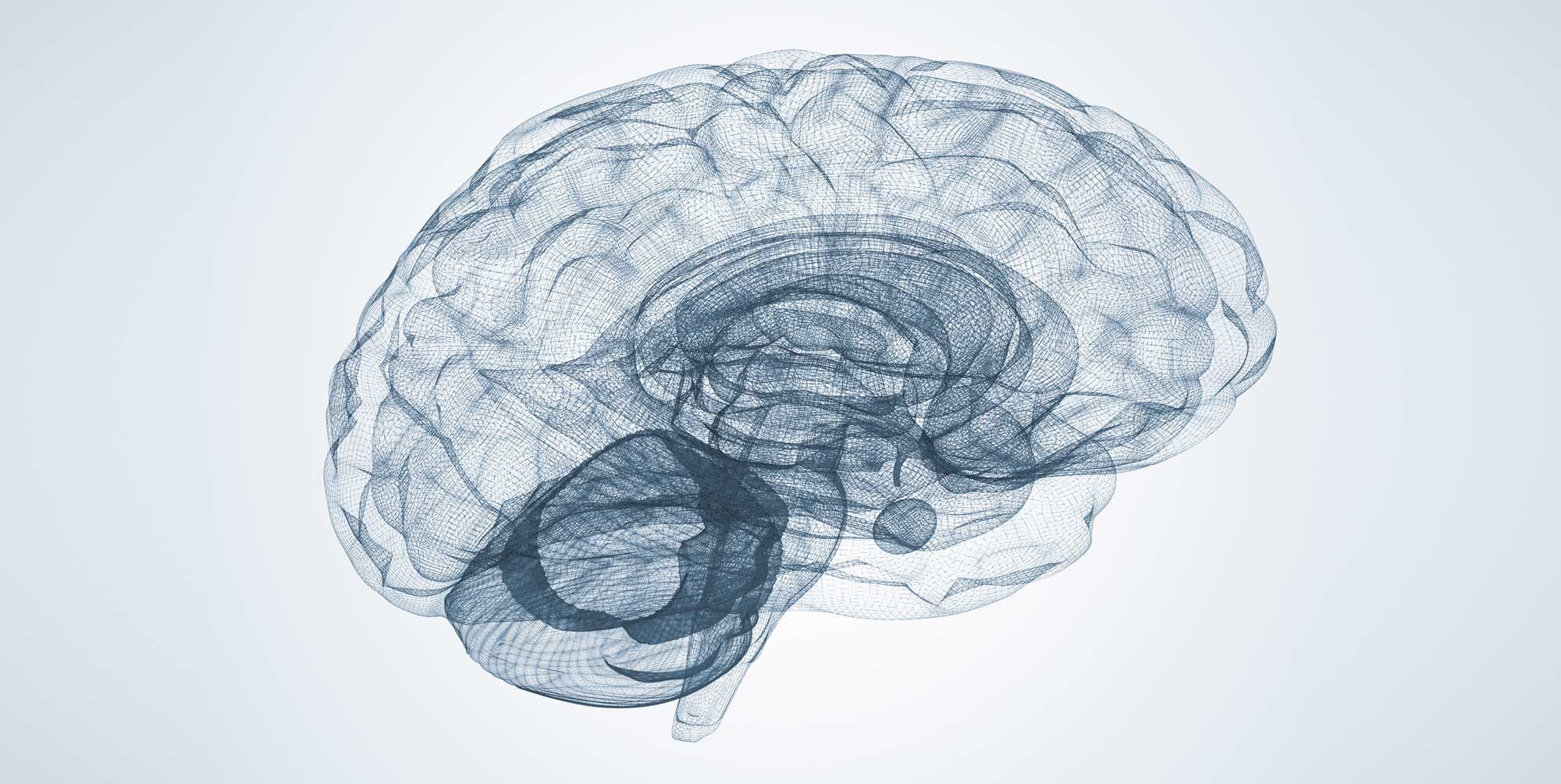July 21, 2016
Disclaimer: SickNotWeak does not provide medical advice, diagnosis or treatment. This content contains explicit and sensitive information that may not be suitable for all ages.
Researchers at Northwestern Medicine were studying epilepsy when they discovered a potential new target for antidepressants. They found that manipulating a group of proteins called HCN channels decreases depression-like behaviour in mice.
About nine per cent of Canadians use antidepressants.
Antidepressants that are currently on the market “operate to increase the amount of compounds like serotonin, norepinephrine and some other chemicals,” says Kyle Lyman, one of the Northwestern University scientists studying the new antidepressant target. Increasing the levels of these monoamine neurotransmitters improves mood and emotions. But these drug therapies don’t work for everyone.
About nine per cent of Canadians use antidepressants, making the nation the third largest consumer of these drugs out of the 34 OECD countries. But only 50 to 70 per cent of patients who take a full trial of antidepressants actually benefit from the drugs and there is a high chance that their symptoms will return.
In fact, 89 per cent of depressed patients who use selective serotonin reuptake inhibitors (SSRIs), the front-line treatment for depression, find their depressive symptoms return after a period of positive response to the drug, despite continued treatment. More than half of these patients have to increase their dosage of the antidepressant to continue to relieve their symptoms.
But gaining tolerance to SSRIs is only one of the problems patients face when choosing a drug treatment for depression. Tricyclics (TCAs) and monoamine oxidase inhibitors (MAOIs) were the first antidepressants, which were discovered accidentally in the 1950s when researchers were searching for a drug to treat tuberculosis. Although the two therapies are highly effective, they are rarely prescribed because they have a range of side effects that can be potentially dangerous, and they are highly lethal in overdose.
There is a distinct need for new therapeutic options for patients with depression and the research being conducted by Lyman and his colleagues could fill this gap. In their previous research on epilepsy, the Northwestern Medicine scientists looked at the hippocampus, an area of the brain associated with memory, learning and emotional regulation. They noticed that manipulating the HCN channels in the hippocampus altered behaviours linked to depression.
There is a distinct need for new therapeutic options for patients with depression.
Their recent research revealed that gene therapy to turn off the HCN channel function decreased depression-like symptoms in mice. They measured these behaviours by noting the length of time mice spent trying to escape a structure before giving up-a common method used in the pharmaceutical industry to test antidepressants in pre-clinical trials.
“This is really interesting because it’s not acting through these classic neurotransmitters, there’s nothing that’s changing in terms of serotonin or norepinephrine,” says Lyman. “It’s just targeting this very specific ion channel in this very specific location, and then leading to effects that look just like the mouse is taking an antidepressant.”
The results of the research not only identify a potential antidepressant therapy target, but also reveal detailed information about how the treatment would work on the targeted brain structures.
The next step in this research is to develop a gene therapy for humans that will turn off HCN channels in the brain and decrease depression symptoms. The Northwestern researchers hope that their preclinical trials will foreshadow successful clinical trials so patients have a new option for treating their depression.


It’s good to know that there are promising new approaches for antidepressant drugs.
Great News. Sure hope it is productive